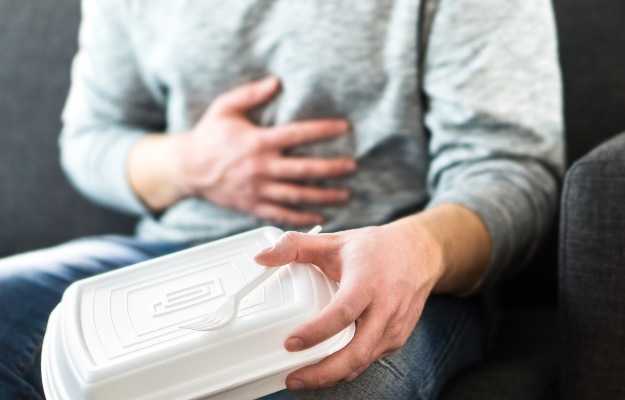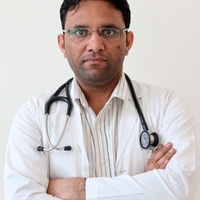Colon infections are quite common and they are characterized by inflammation of the inner lining of the colon. Viral or bacterial infections, including sexually transmitted diseases, and overuse of antibiotics are among the causes of colon infections.
Medically, colon infections are known as infectious colitis. This is different from ulcerative colitis, which is also marked by inflammation of the colon and/or rectum. However, in ulcerative colitis, the condition is usually chronic (lifelong) and the cause is non-infectious.
Infectious colitis is usually contracted by eating poorly cooked, unhygienic food or contaminated water. E. Coli infection, Shigellosis, Clostridium difficile infection, Salmonella infection are some common causes of infectious colitis. There is also antibiotic-associated colitis: overuse of antibiotics can disturb the gut flora and cause the growth of C. difficile.
Symptoms vary widely from pain in the abdomen to aches and joint pain, fever, fatigue, diarrhoea (sometimes bloody), and depression. It depends on what the underlying issue is and the severity of the infection.
Diagnosis usually involves imaging tests, lab tests including blood tests and analysis of symptoms. Treatment depends on the underlying cause and can range from general, symptomatic therapy to more intensive intravenous therapy. Surgery may be required in cases involving ischemic colitis.

 Doctors for Colon infection
Doctors for Colon infection  OTC Medicines for Colon infection
OTC Medicines for Colon infection
















































